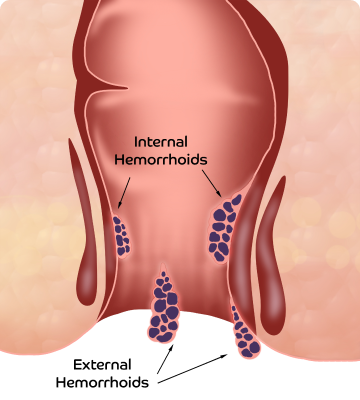Medical termination of pregnancy popularly known as medical abortion and MTP, is a method to terminate an unwanted pregnancy until 7-9 weeks, using medications or a combination of drugs. MTP doesn't involve the usage of anesthesia or surgical procedures and can be done at any registered MTP clinic or hospital.
When MTP fails, miscarriage turns out to be incomplete, pregnancy exceeds nine weeks, or it's a molar or ectopic pregnancy surgical procedures are used to remove the embryo and pregnancy tissue from the uterus. Mainly, abortion is done in two ways known as medical abortion and surgical abortion. Which method of abortion is best for you depends on several factors such as the duration and type of pregnancy.










Pristyncare%20Clinic.webp)

.svg)









